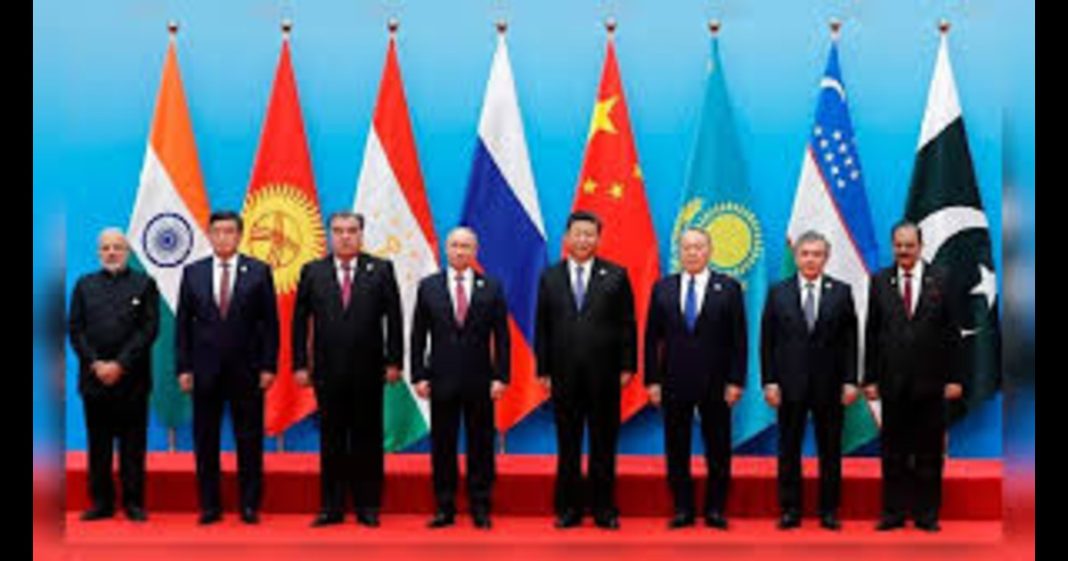The BRICS summit in Kazan, Russia, marks a significant moment in global geopolitics, signaling a major shift in the global power balance. Despite extensive Western sanctions and attempts to isolate Russia following its actions in Ukraine, leaders from the Global South have rallied to stand by President Vladimir Putin. This gathering is the largest display of global support for Russia in decades, directly challenging Western narratives of Russia’s isolation.The summit’s attendees include leaders from BRICS founding members—Russia, India, China, and South Africa—alongside new members Iran, Egypt, Ethiopia, and the UAE. Brazil’s President Lula was absent due to an accident, but the summit continued with the expanded BRICS representing over 45% of the world’s population and 28% of the global economy.
Key moments from the summit have grabbed global attention, with images of world leaders shaking hands with Putin delivering a symbolic blow to Ukraine’s President Zelensky and Western leaders. Notably, UN Secretary-General Antonio Guterres, condemned by Zelensky for attending, emphasized the need for multipolarity supported by robust multilateral institutions. The presence of global South leaders reaffirms the growing solidarity against Western-led global systems.
The “New World Order” Push
The BRICS alliance is increasingly seen by the U.S. as an emerging “axis of ill will,” challenging the post-WWII global order. At the forefront of this push are Russia and China, promoting a “New World Order” that contrasts sharply with the current Western-dominated framework. As Russia continues to face economic sanctions and diplomatic isolation from the West, it has doubled down on forging strategic ties with BRICS nations, especially with China and new member Iran. Russian leaders describe the BRICS bloc as a vehicle to reshape the global economic landscape.
Western Concerns: Economic and Strategic Cooperation
The BRICS summit has put the focus on one of the group’s most ambitious goals: dedollarization. Several BRICS nations aim to reduce their reliance on the U.S. dollar by creating alternative systems for cross-border payments. This includes developing new systems to bypass SWIFT, the global transaction network from which Russia was excluded in 2022. A potential BRICS currency has also been floated by Brazil, although it remains a long-term vision.
Countries such as China, Turkey, and Brazil are also reducing their U.S. dollar reserves in favor of gold, further eroding U.S. financial dominance. This ongoing shift has triggered concern across the West, where institutions like the IMF and World Bank continue to play central roles in global finance, but increasingly face pushback from emerging economies. For decades, these institutions have been criticized for imposing strict financial conditions that many argue have hindered long-term development in countries under their programs.
Tensions within BRICS
Despite the bloc’s apparent unity, there are significant internal differences. Russia, seeking to consolidate its anti-Western stance, has pushed for the inclusion of countries like Iran. However, India and Brazil remain hesitant to adopt an overtly anti-Western posture, maintaining their strategy of non-alignment. With China contributing 70% of BRICS’ total GDP, India fears that further expansion of the group could increase China’s leadership role, adding to the geopolitical complexity.
A Growing Challenge to Western Institutions
The growing clout of BRICS also reflects mounting frustrations with Western-dominated institutions like the IMF, World Bank, and UN. BRICS members have called for comprehensive reforms to reflect modern geopolitical realities, where emerging economies play a far more significant role. The UN Security Council, with its post-WWII structure of five permanent members, continues to reflect outdated power dynamics, leading to calls for reform from BRICS leaders.
As the BRICS bloc continues to expand, adding more countries eager to break free from Western-dominated economic and political structures, its influence will only grow. With nearly 40 nations now interested in joining, the message is clear: BRICS represents a shift towards a multipolar world that challenges U.S. hegemony.














